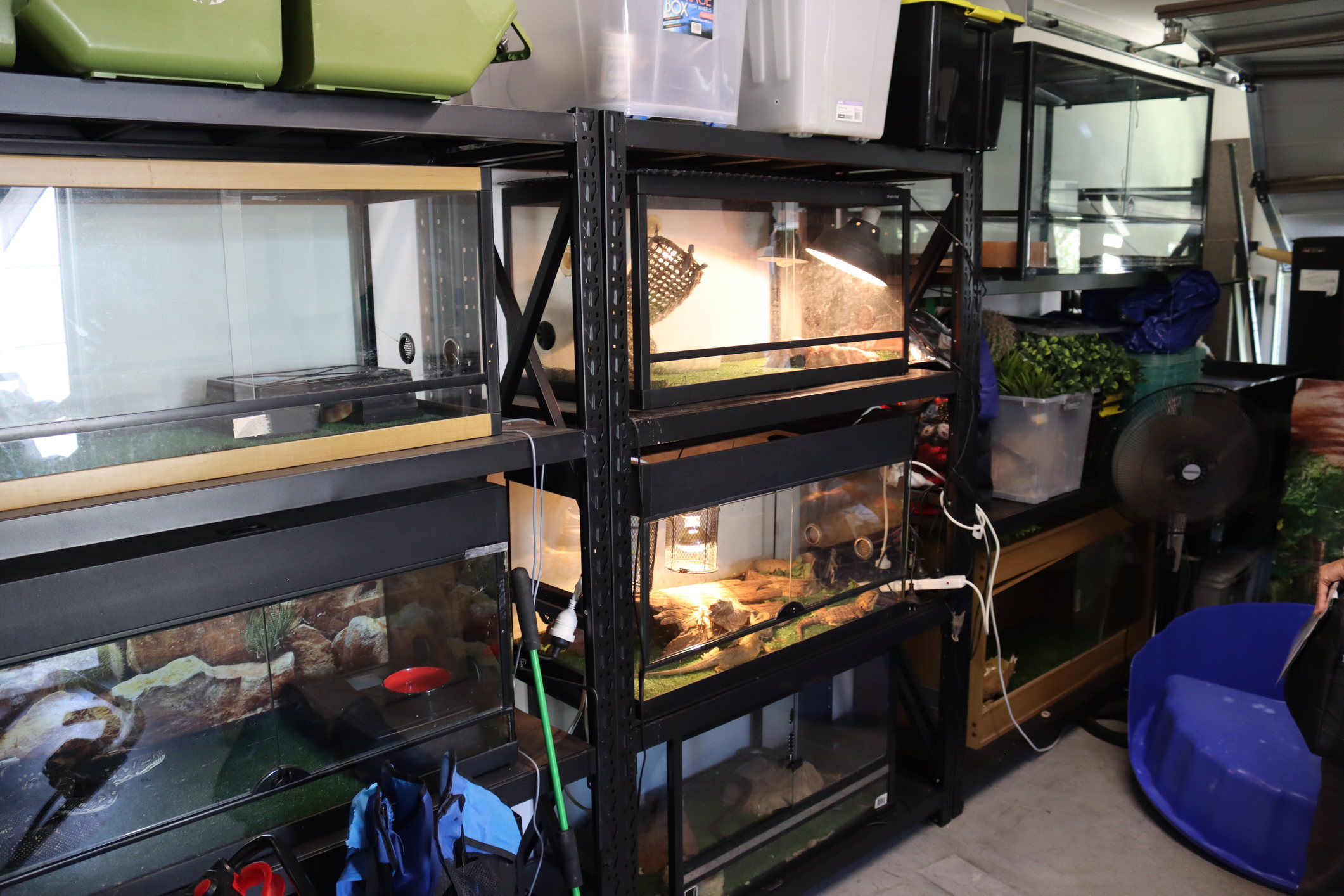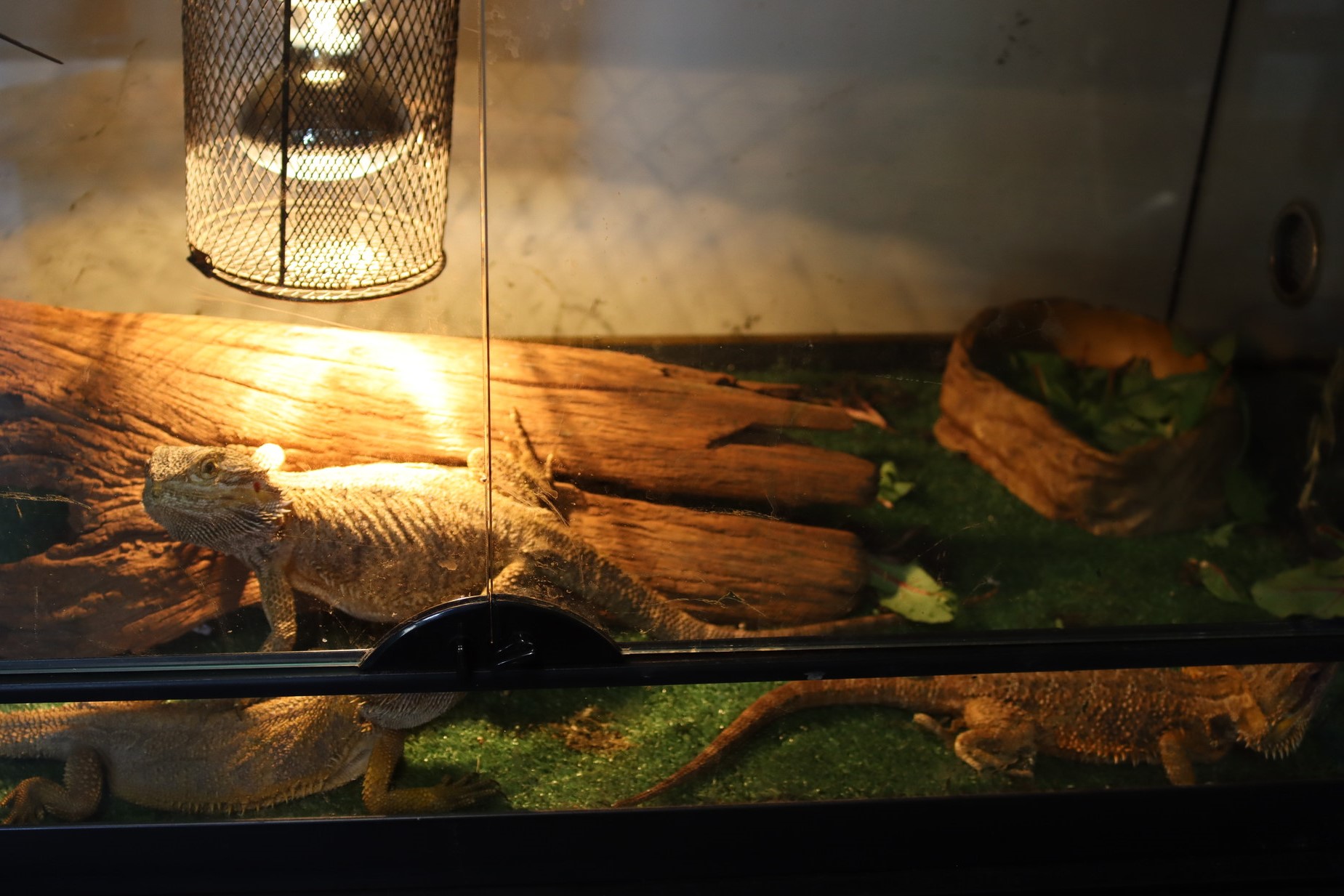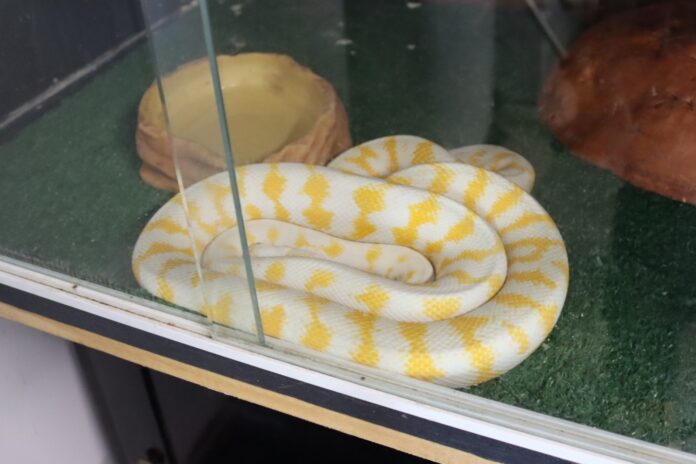A Sunshine Coast woman has been fined $20,000 for illegally possessing an array of reptiles and eggs.
The Nambour woman received the penalty for four offences of keeping native wildlife reasonably suspected to have been unlawfully obtained or taken from the wild.
The decision was handed down in the Nambour Magistrates Court and she was ordered to pay more than $1600 in legal and court costs. A conviction was not recorded.
The Department of the Environment, Tourism, Science and Innovation (DETSI) said the fine sent a clear warning to anyone involved in the unlawful take, keep or trade of native animals.
On January 14, a member of the public provided information to DETSI. Wildlife officers and investigators executed a search warrant on the woman’s residence, and seized 26 reptiles and 18 reptile eggs.
An independent veterinary examination of the reptiles revealed medical concerns including necrosis (death of body tissue), dehydration, neurological defects and poor health on some of the kept animals.

Animals found in her possession included the northern blue-tongued lizard, woma python, carpet python, shingleback lizard, inland bearded dragon, children’s python, Murray-Darling carpet python, broad-shelled turtle, spotted python and centralian carpet python.
The woman admitted to knowingly keeping the animals without valid licences, purchasing animals from unlicensed sellers and operating a reptile business.
She could not produce mandatory records of sale (movement advices) for 13 of her purchased animals.
She was charged with four offences of keeping native wildlife reasonably suspected to have been unlawfully taken contrary to Section 90A of the Nature Conservation Act 1992.
In sentencing, the magistrate considered the defendant’s history of similar non-compliance, her knowledge that her conduct was unlawful, and the protected status of the animals found to be in her possession to be aggravating circumstances which supported the harsher penalty.
Senior wildlife officer Jonathan McDonald said snakes and reptiles required specialised care, food and equipment to stay healthy in captivity.
“Sadly, several of the reptiles were in poor condition and needed to be humanely euthanised,” he said.
“The surviving reptiles can never be released to the wild as they may have been exposed to disease while they were in captivity.

“There is an increasing trend in people seeking to profit from high prices that our unique wildlife fetch on domestic and international markets.
“Illegal wildlife trafficking is estimated to be worth $27 billion a year globally and now ranks fourth in terms of the world’s illegal trades after drugs, counterfeit products and human trafficking.”
DETSI has increased its compliance activities in response to this trend and is working closely with other state and commonwealth agencies to detect and disrupt this damaging illegal trade.
Anyone with information about the unlawful trade of wildlife is urged to contact the department on 1300 130 372, where information can be provided anonymously. People can also provide information to Crime Stoppers or the Queensland Police Service.
Want more free local news? Follow Sunshine Coast News on Facebook, LinkedIn and Instagram, and sign up for our FREE daily news email.





